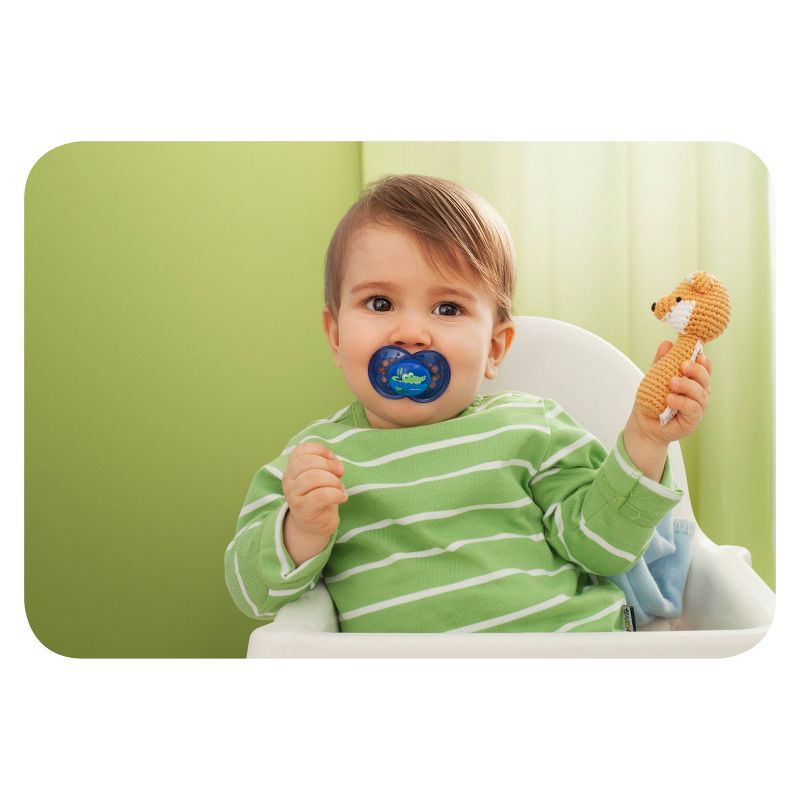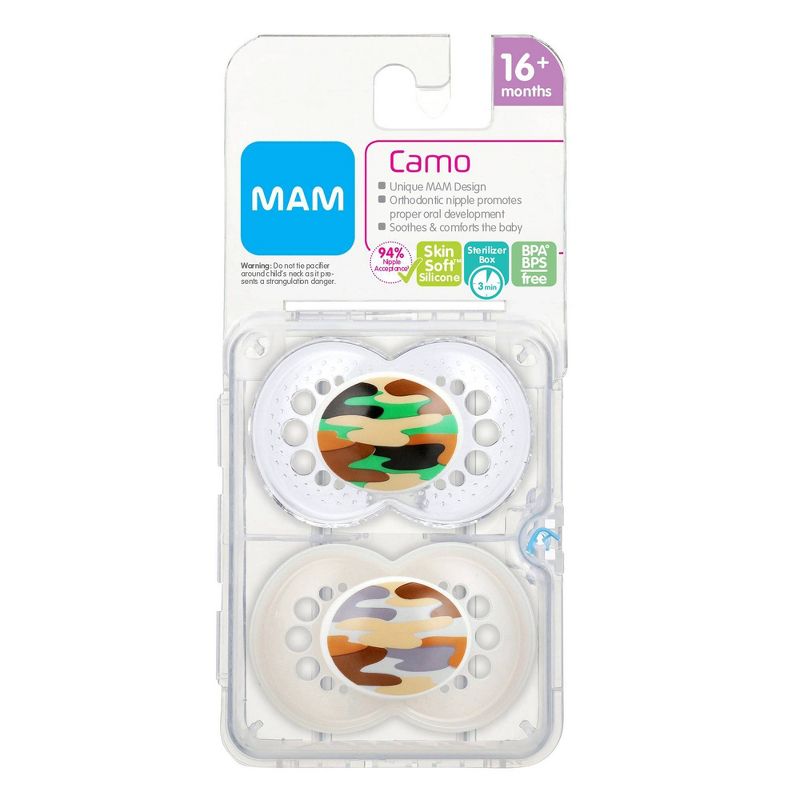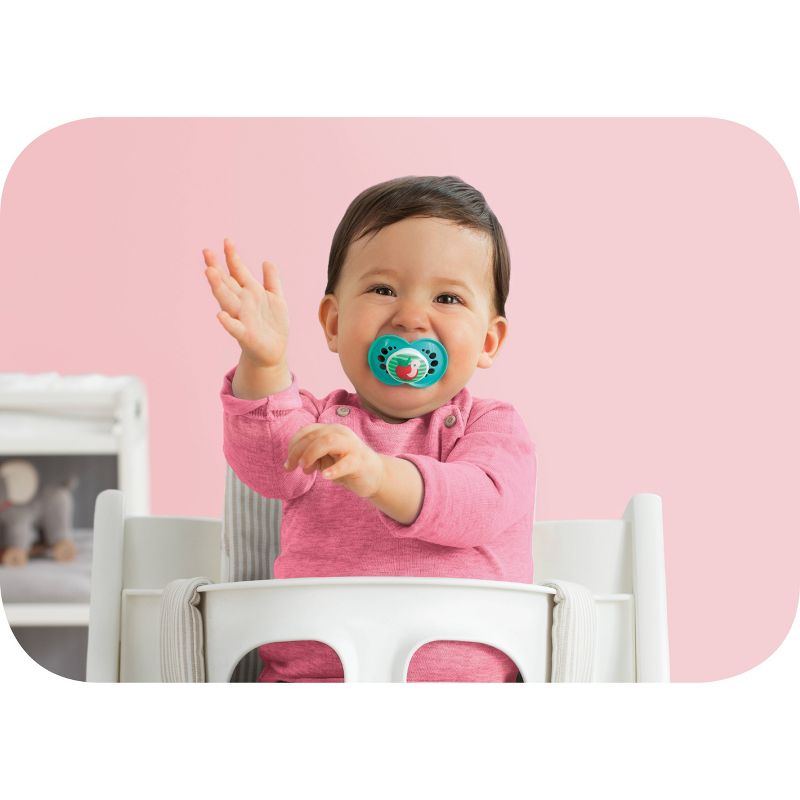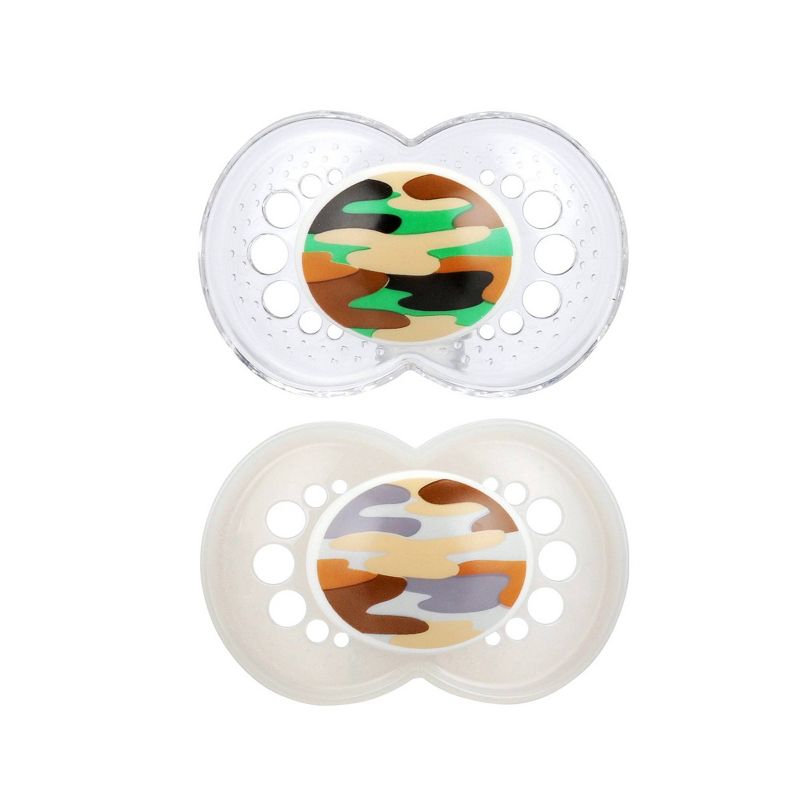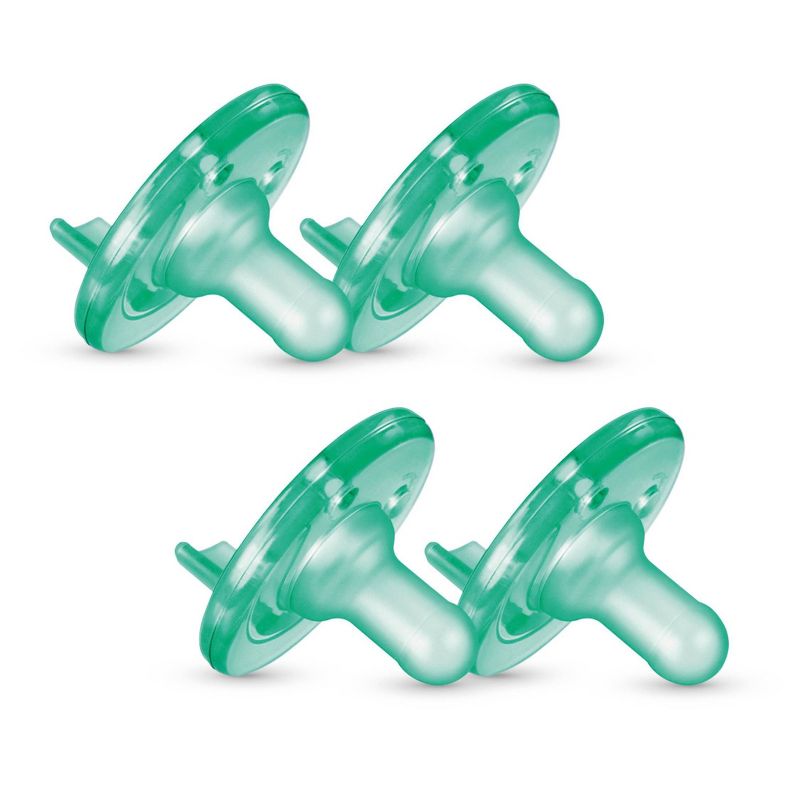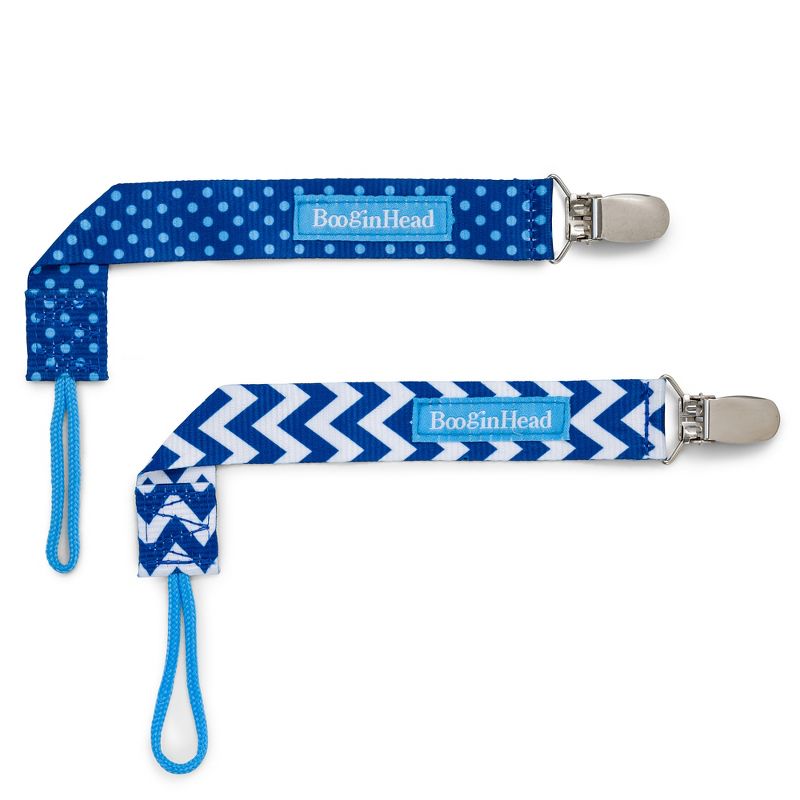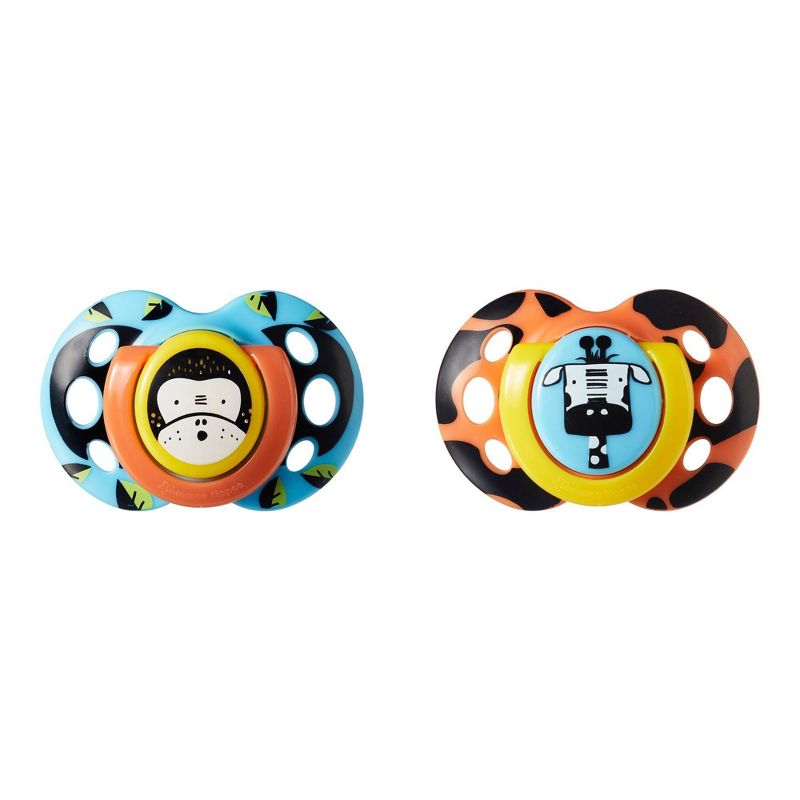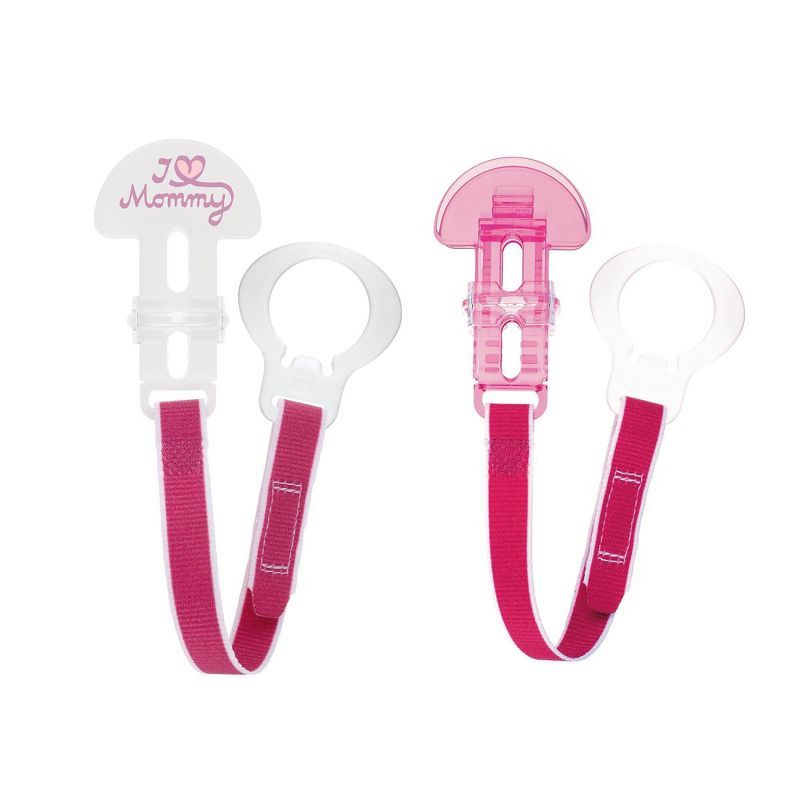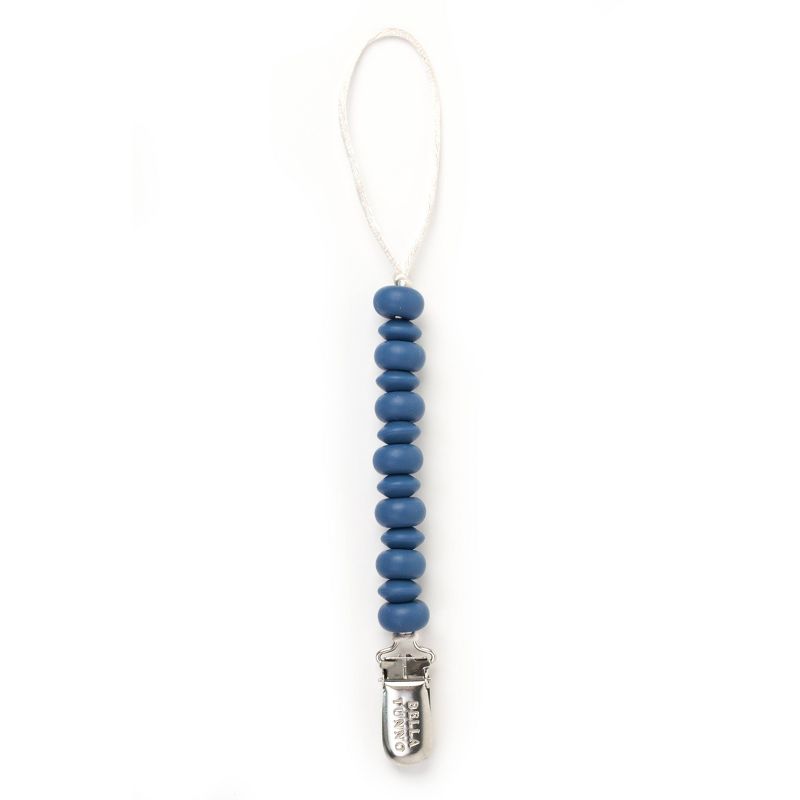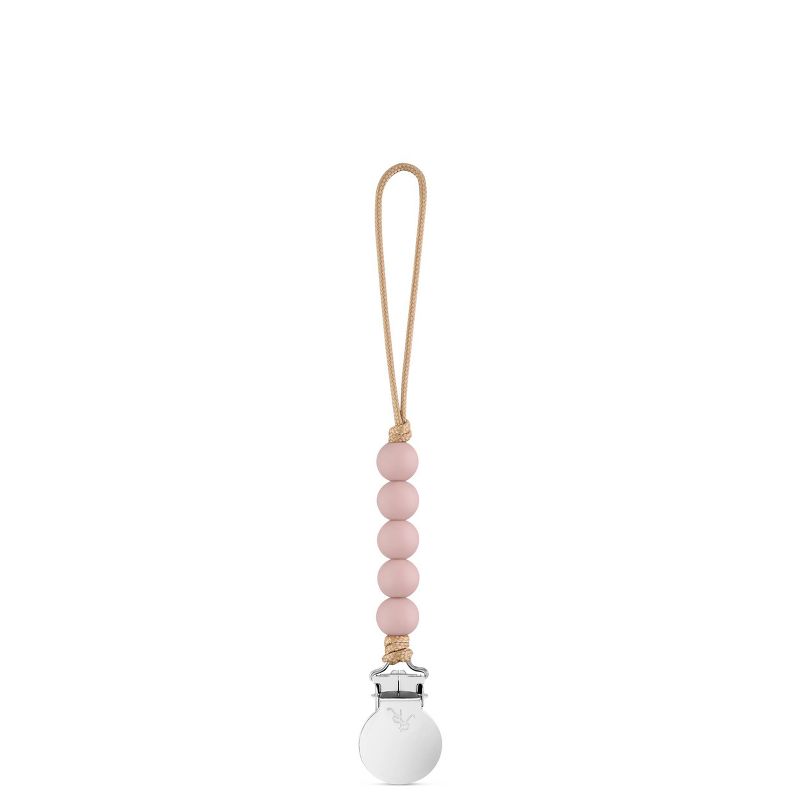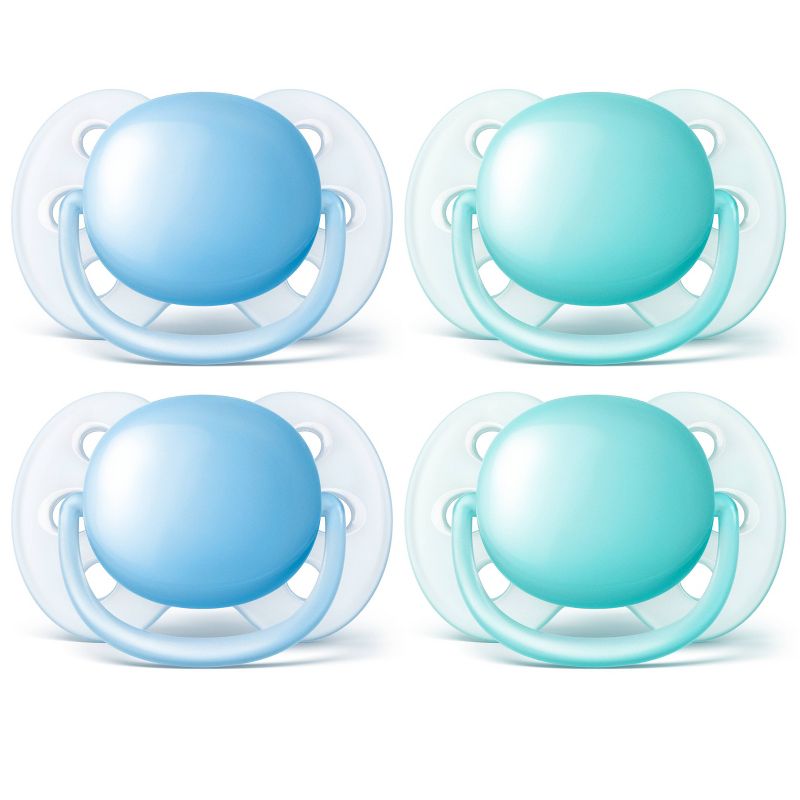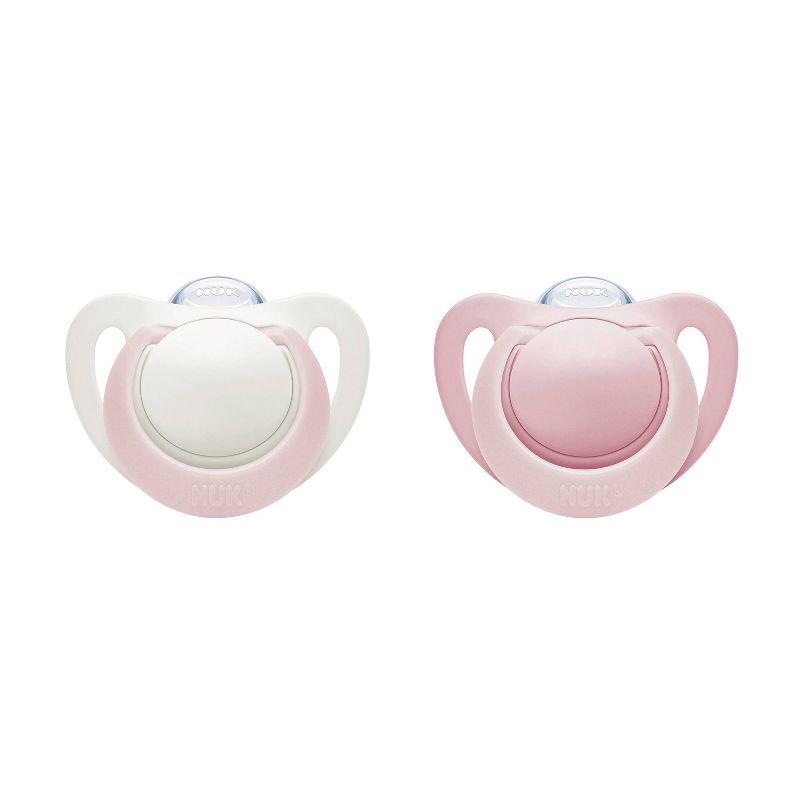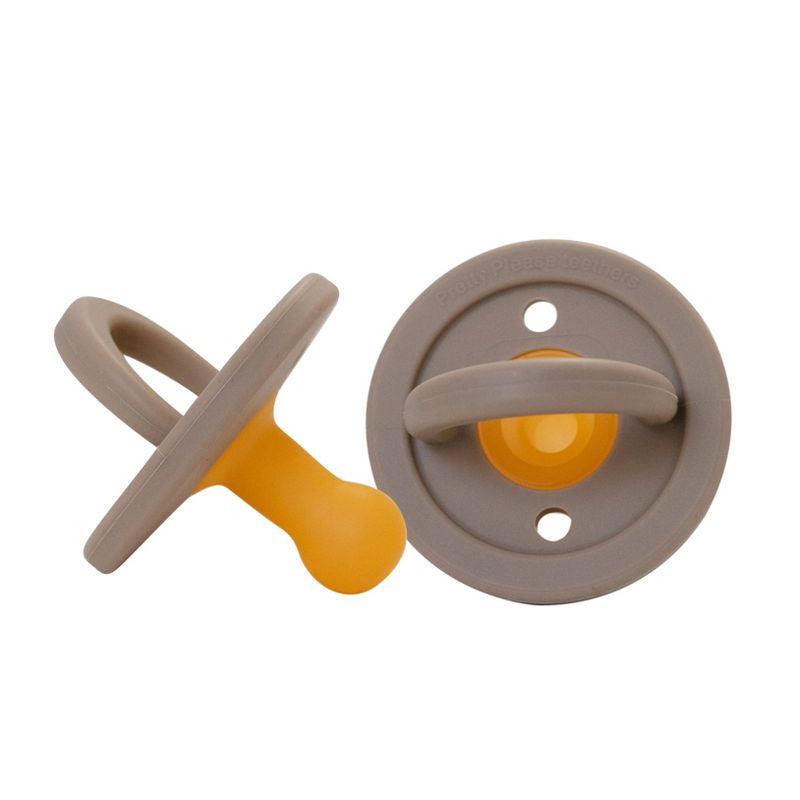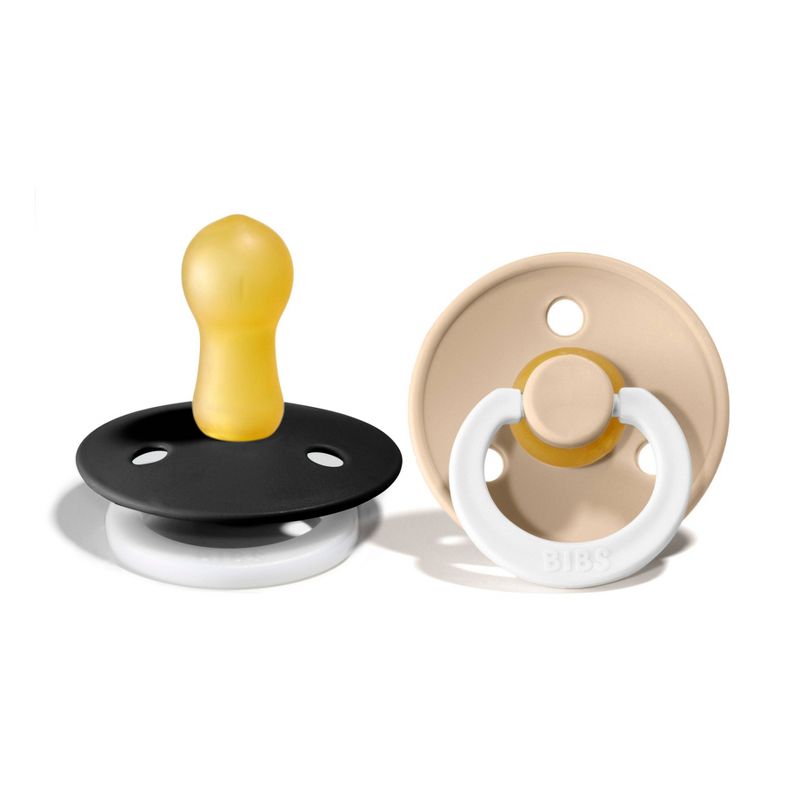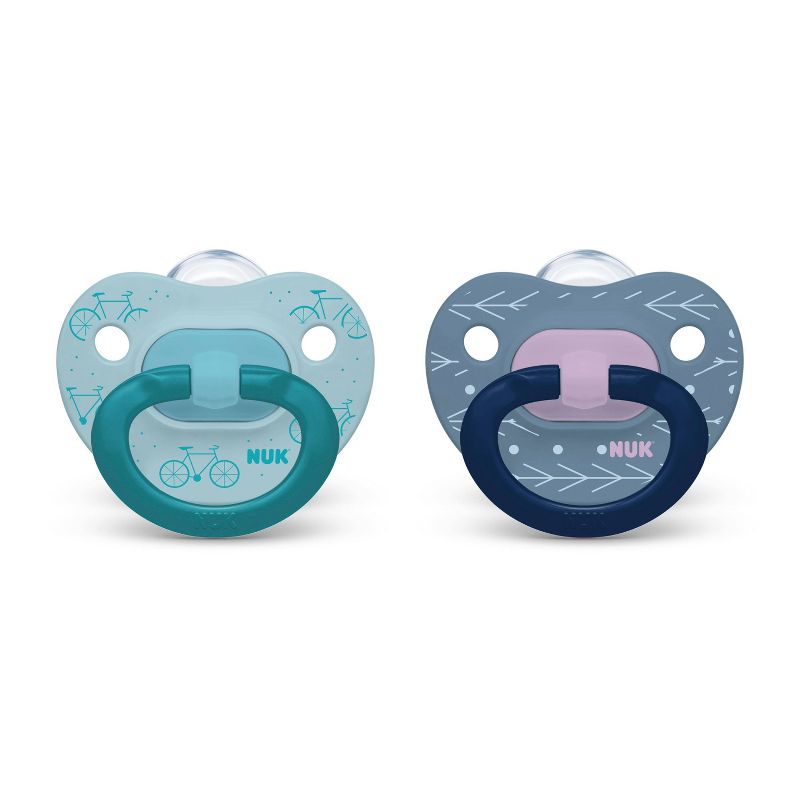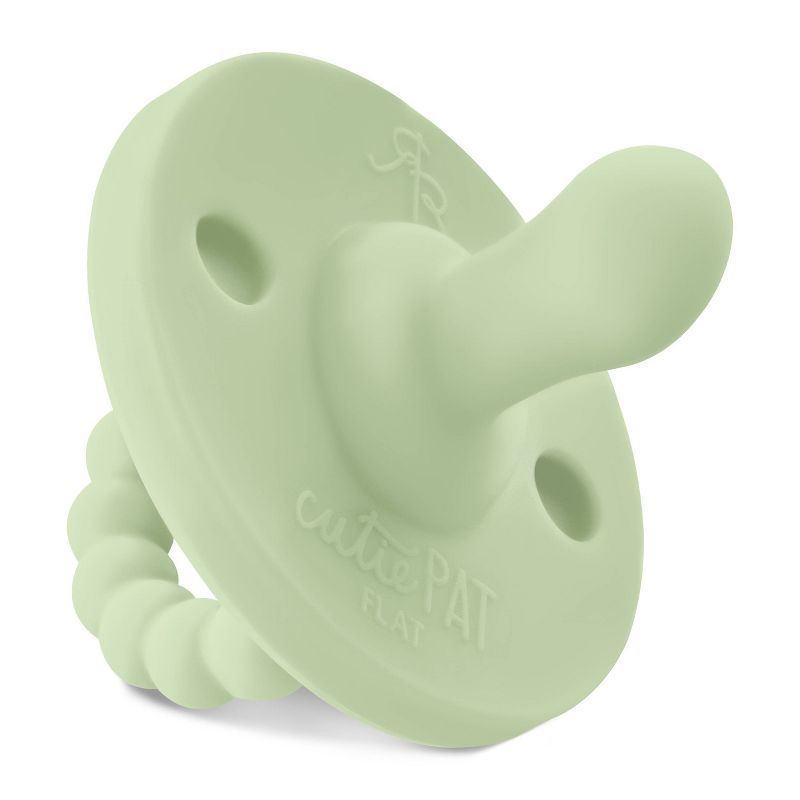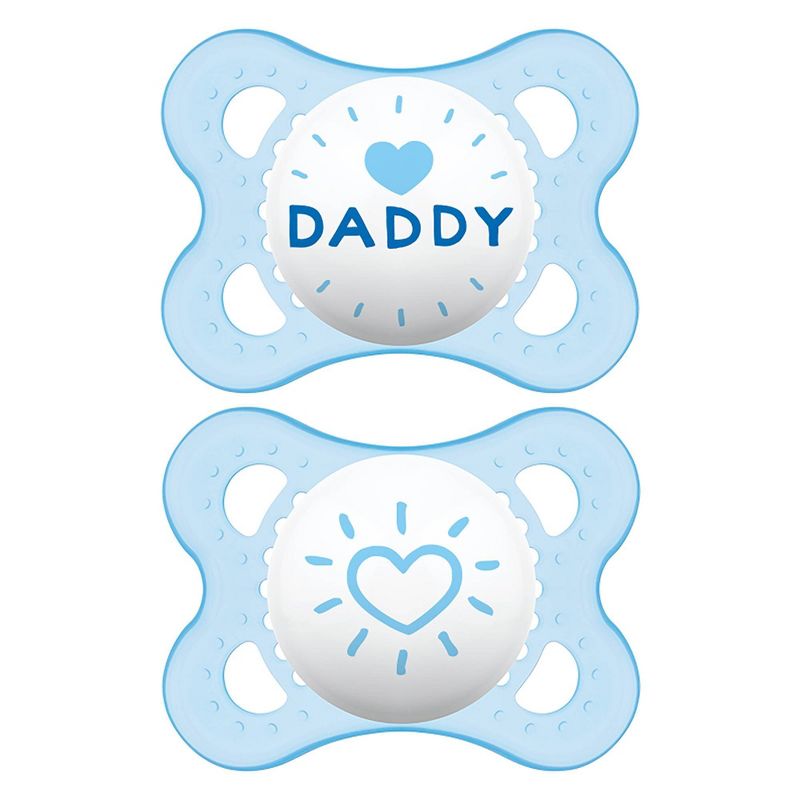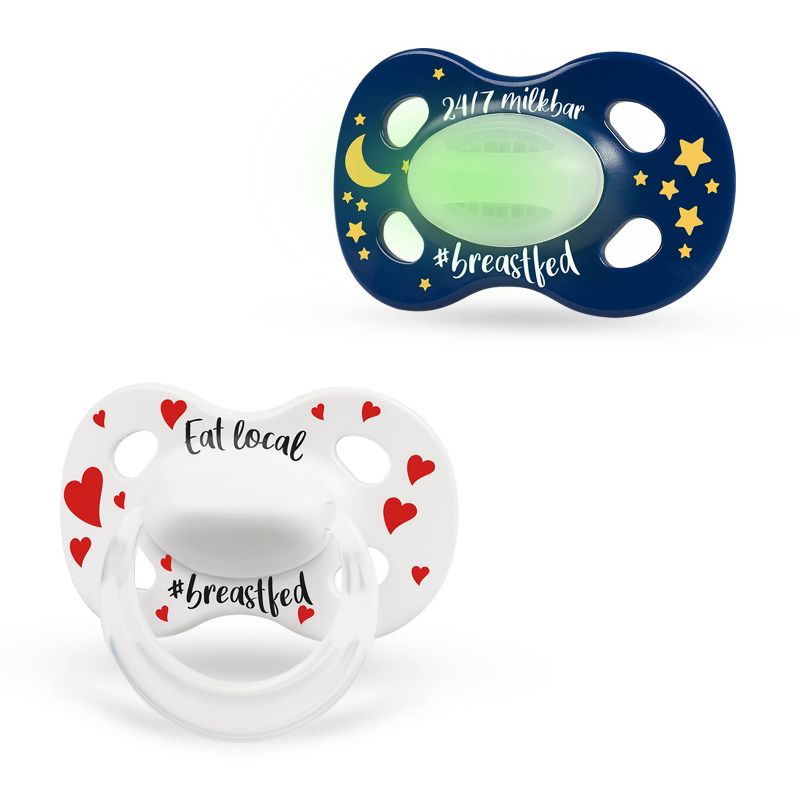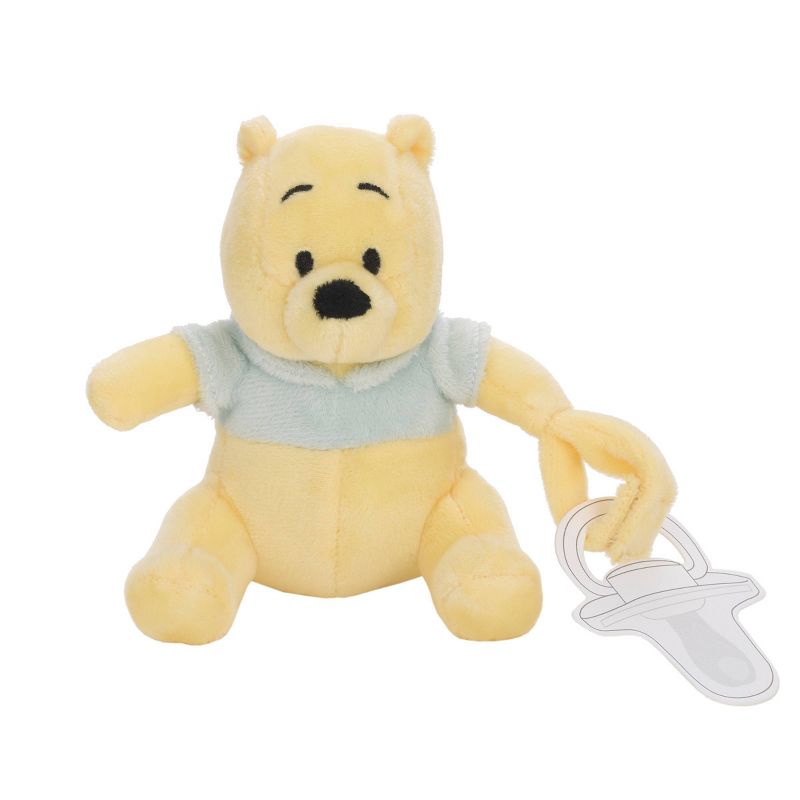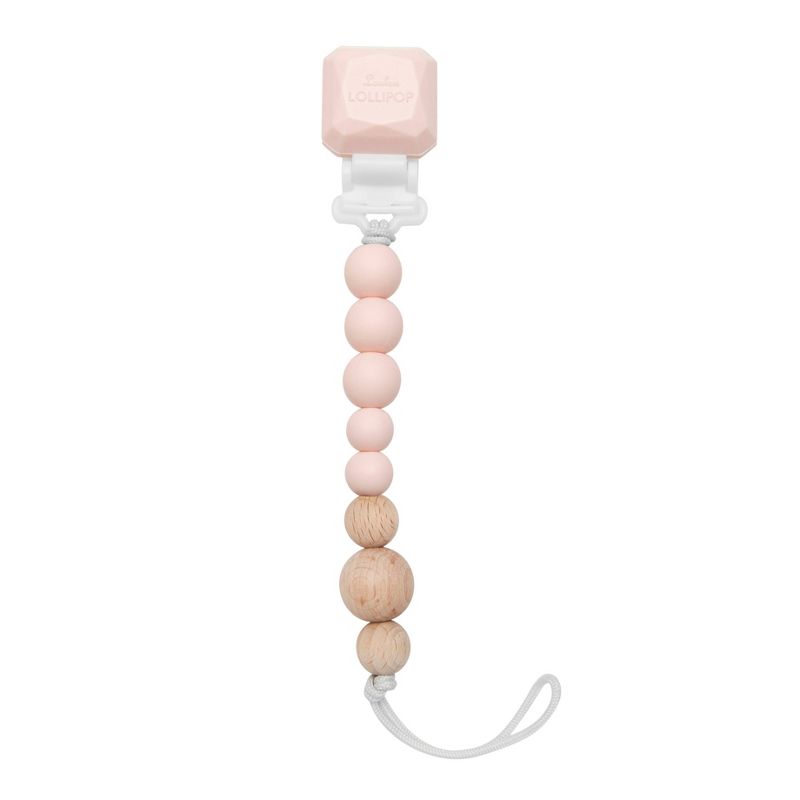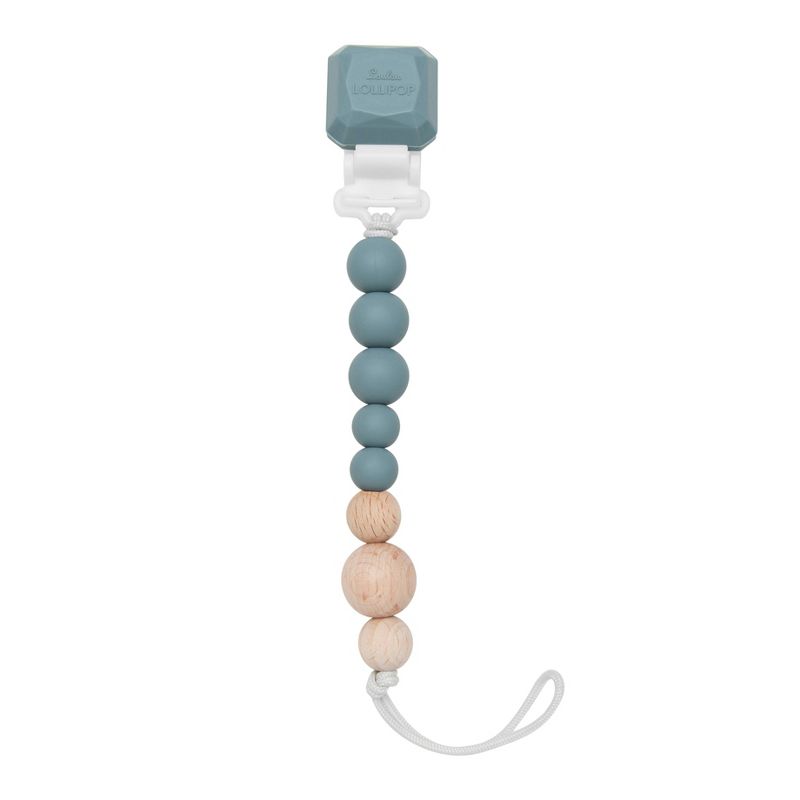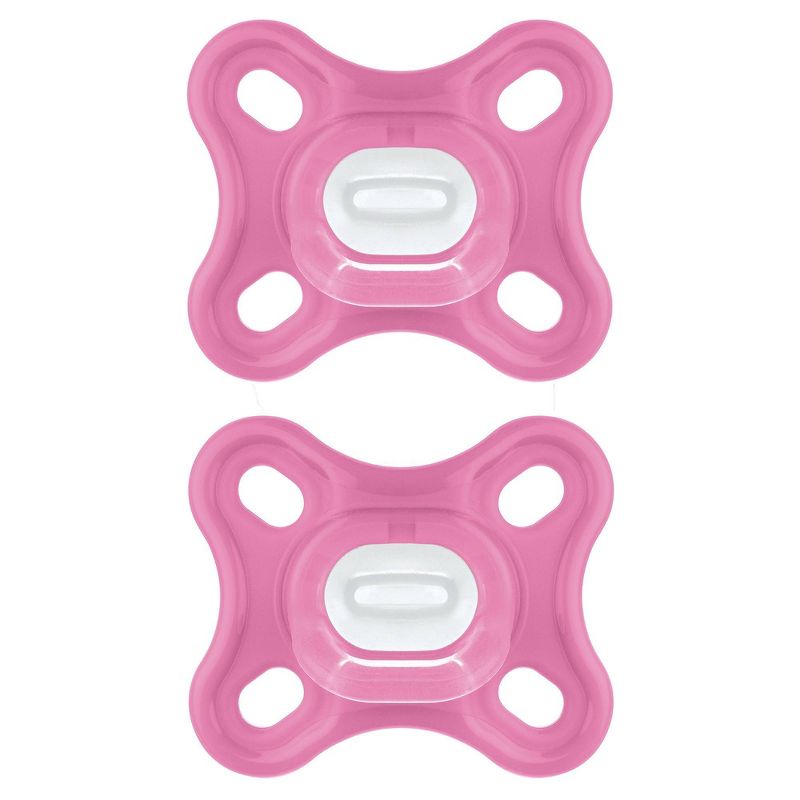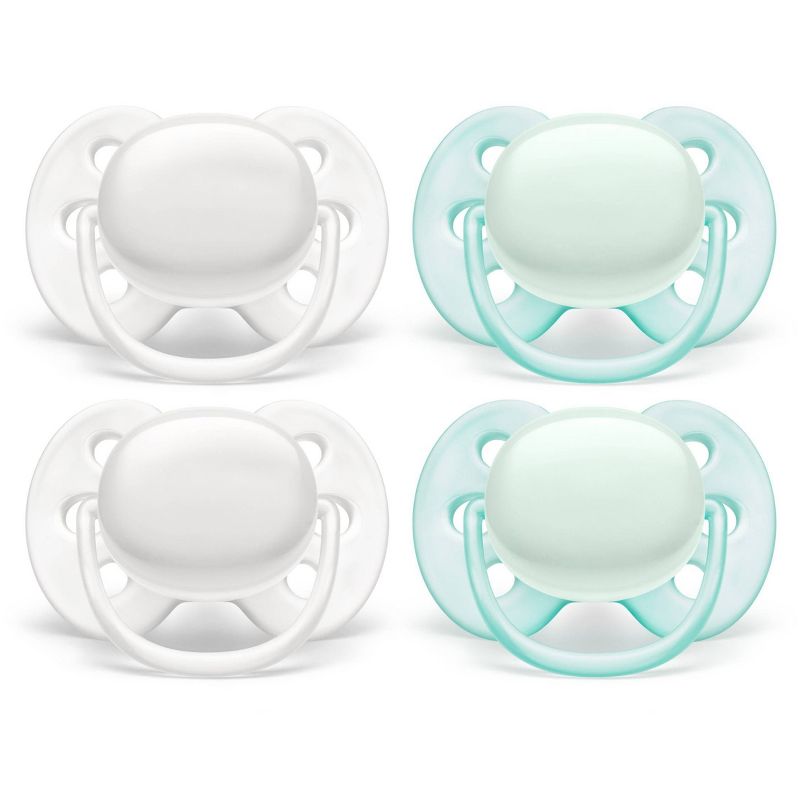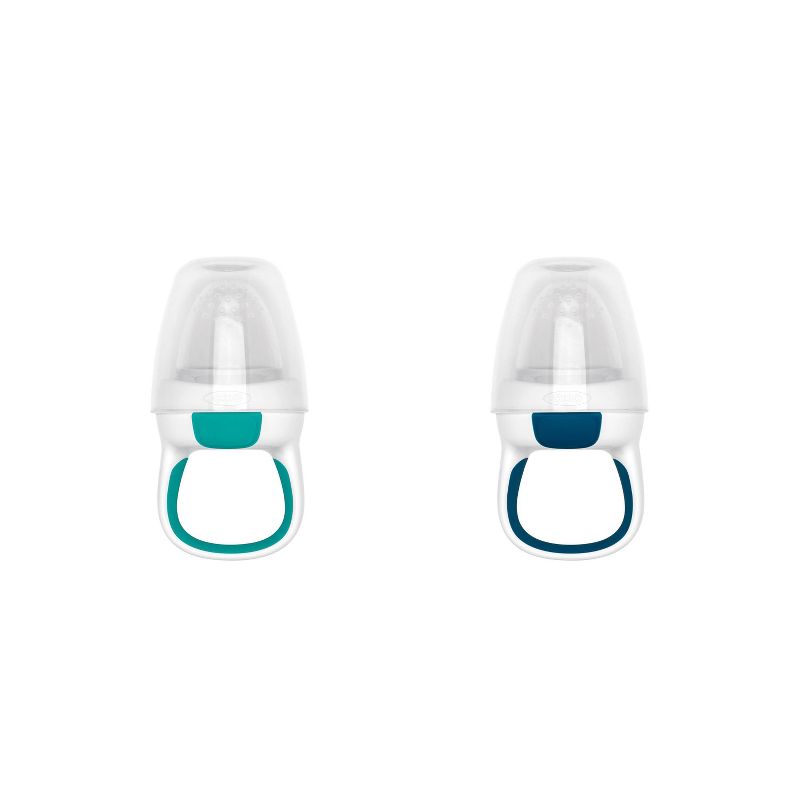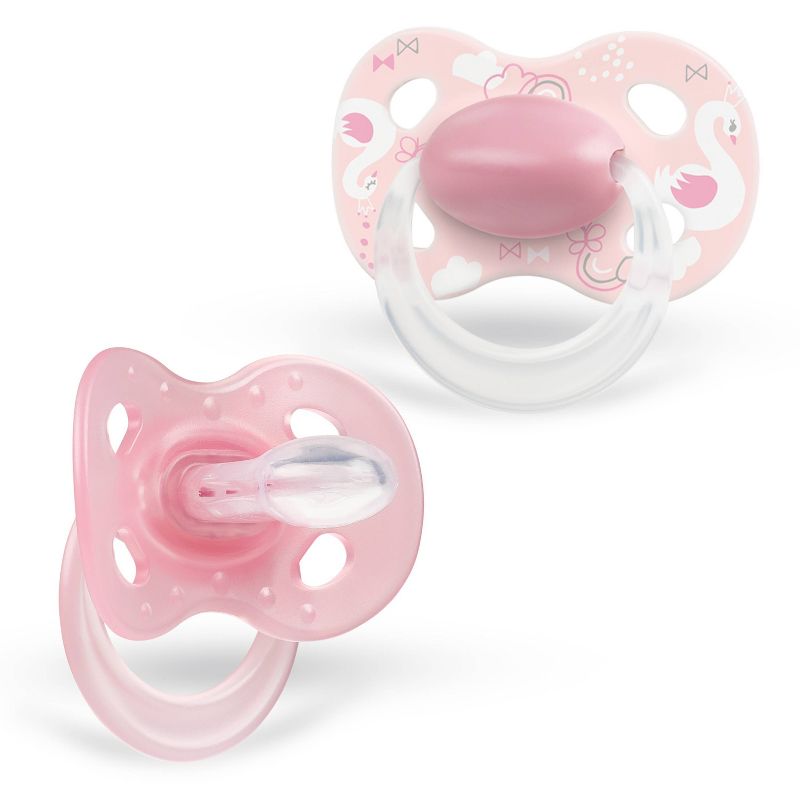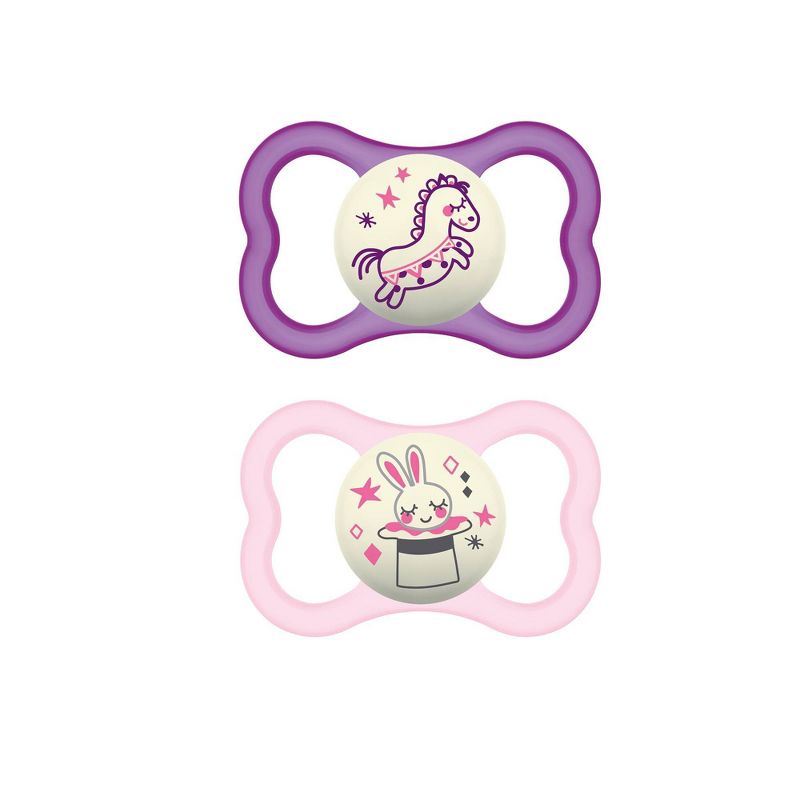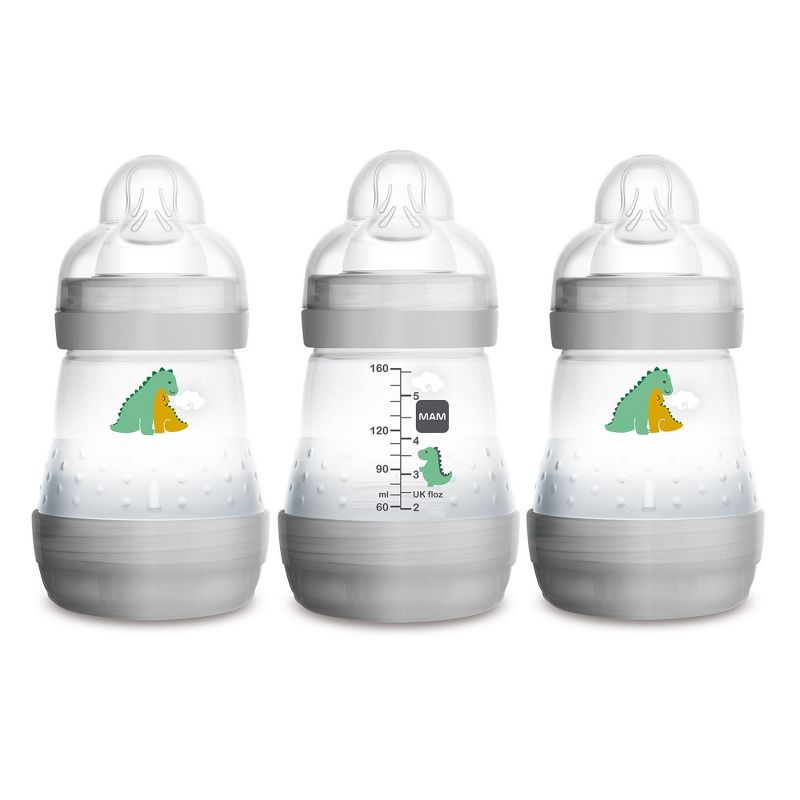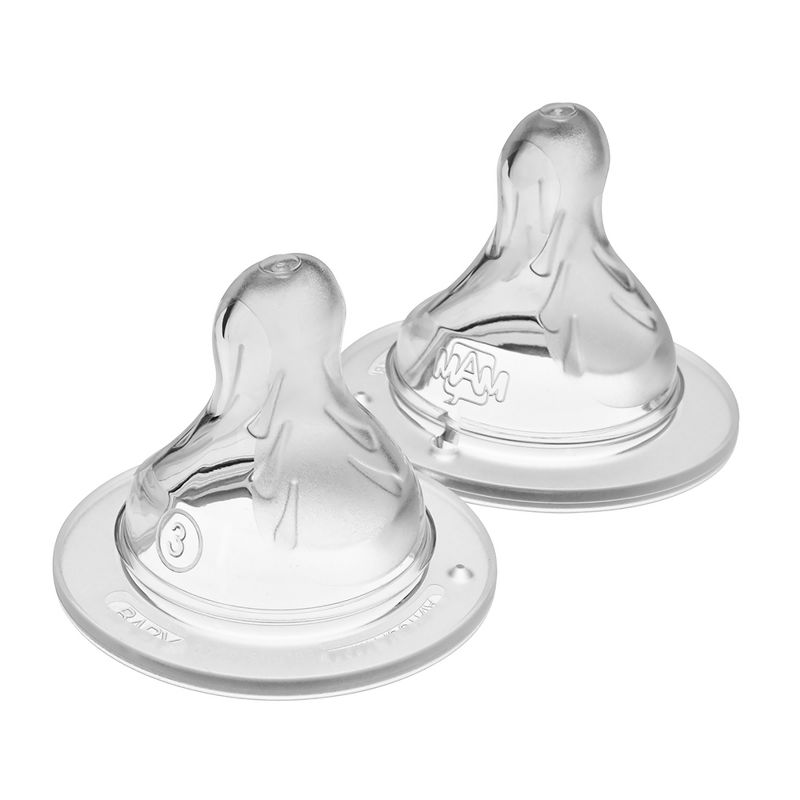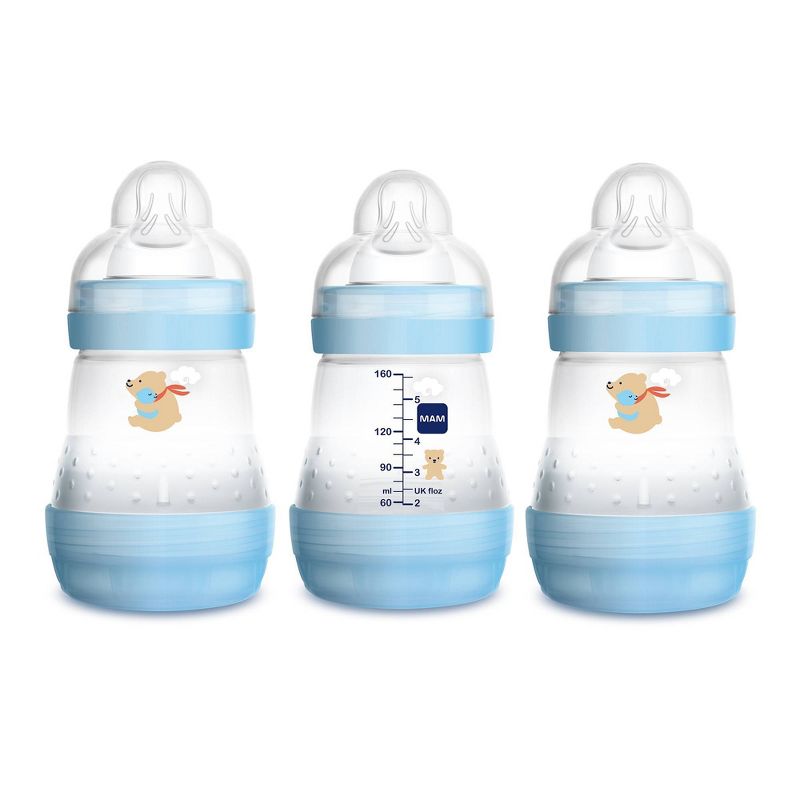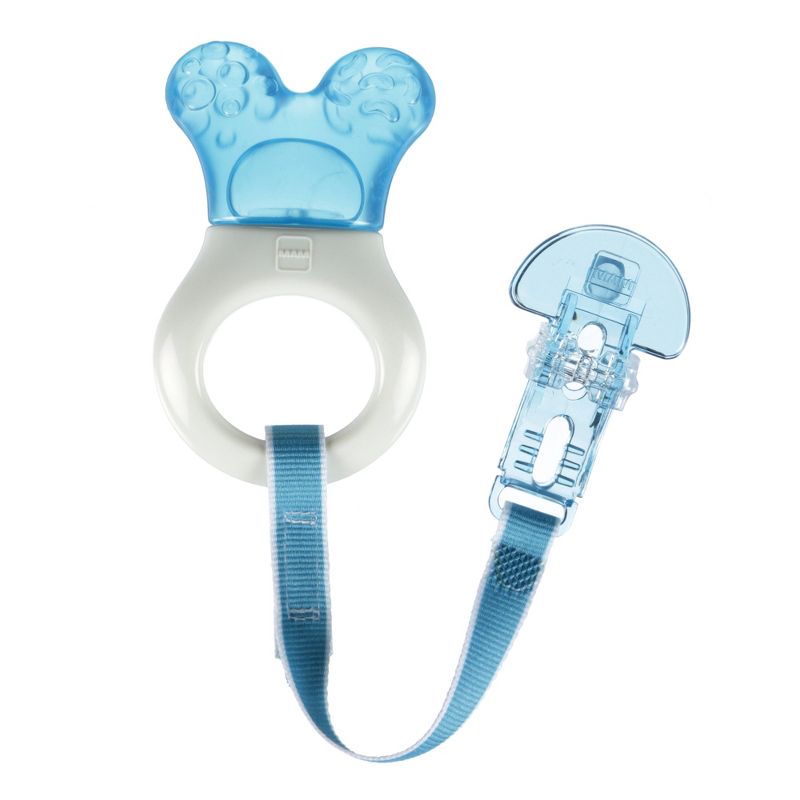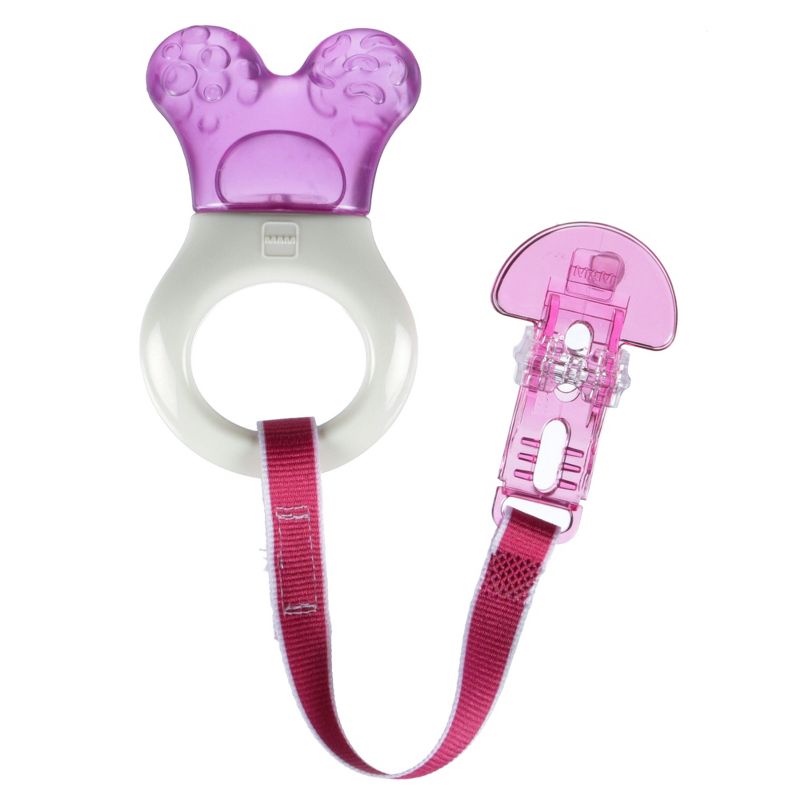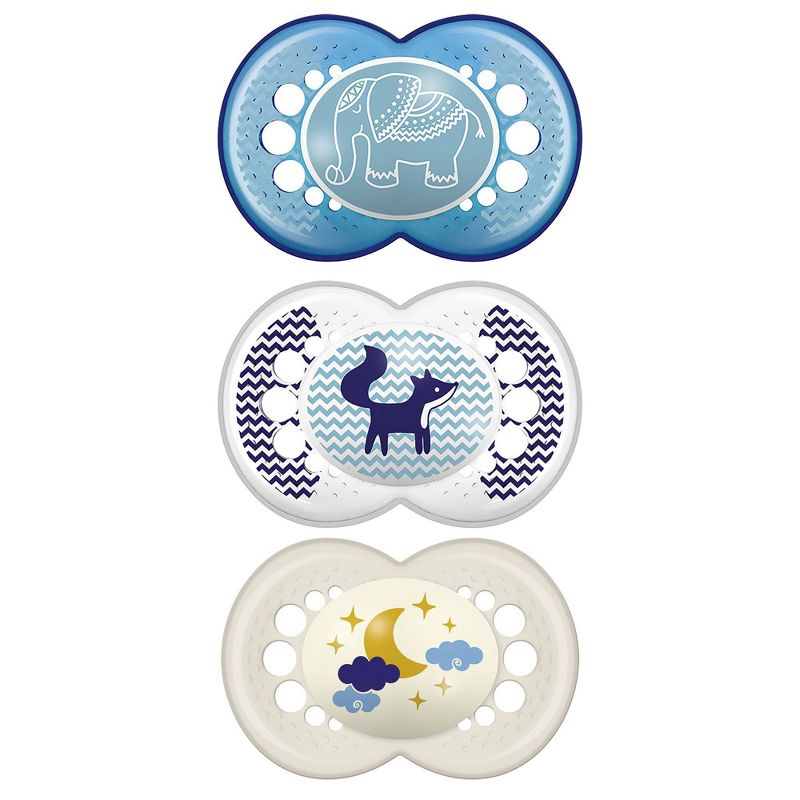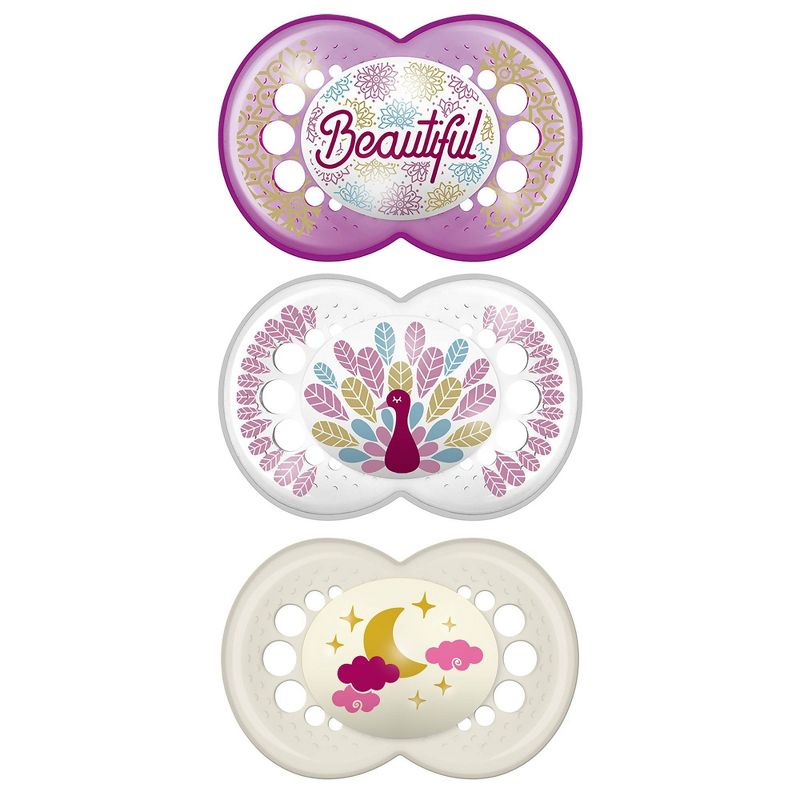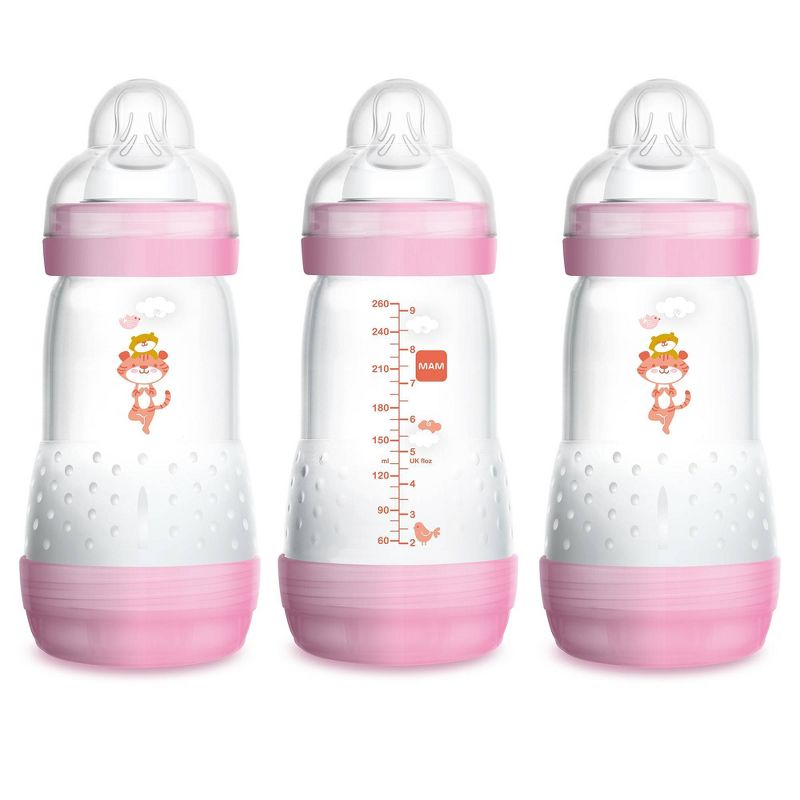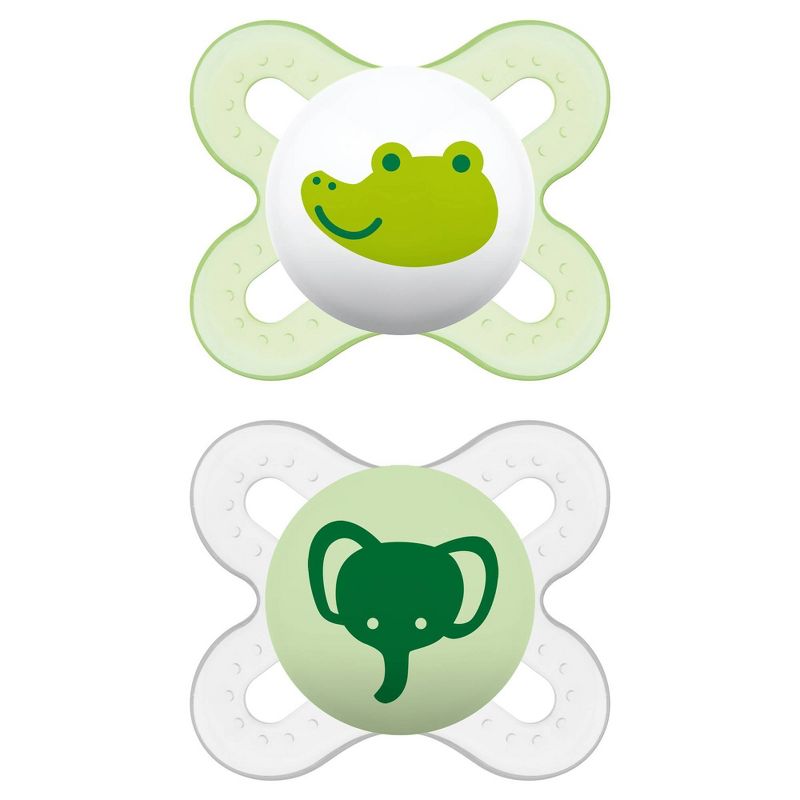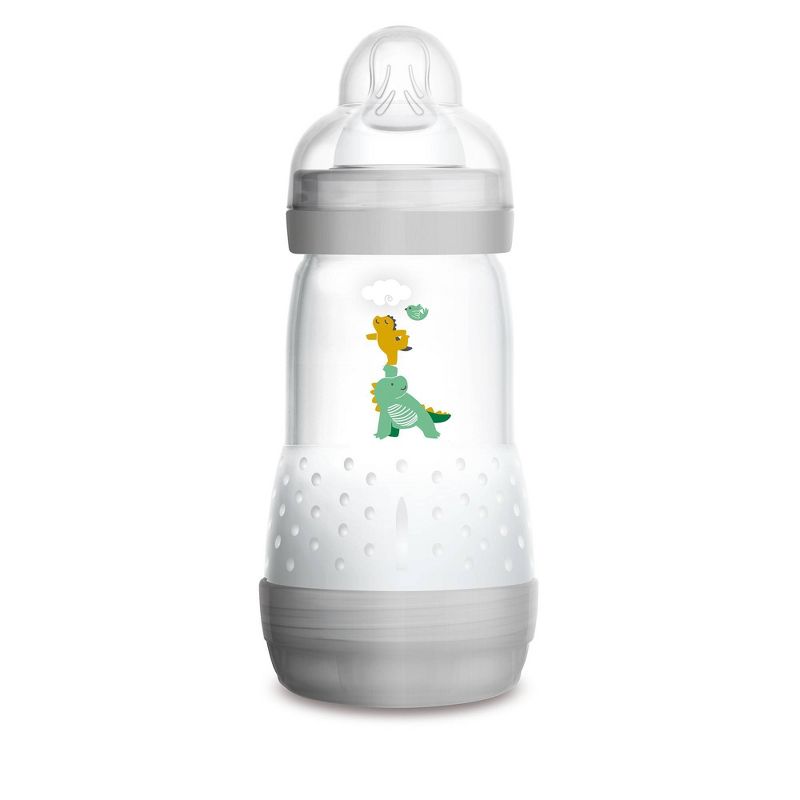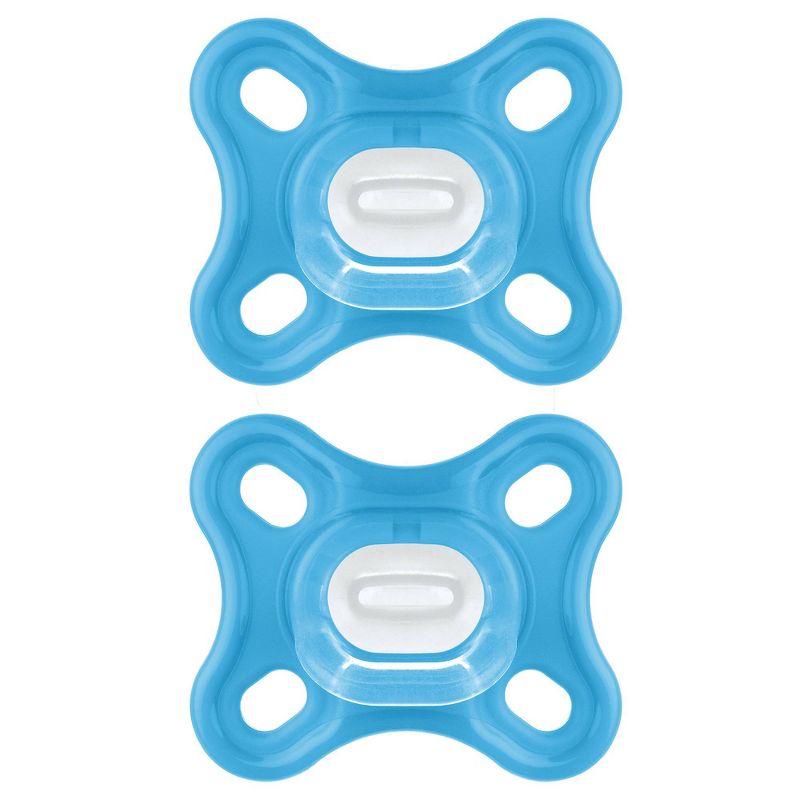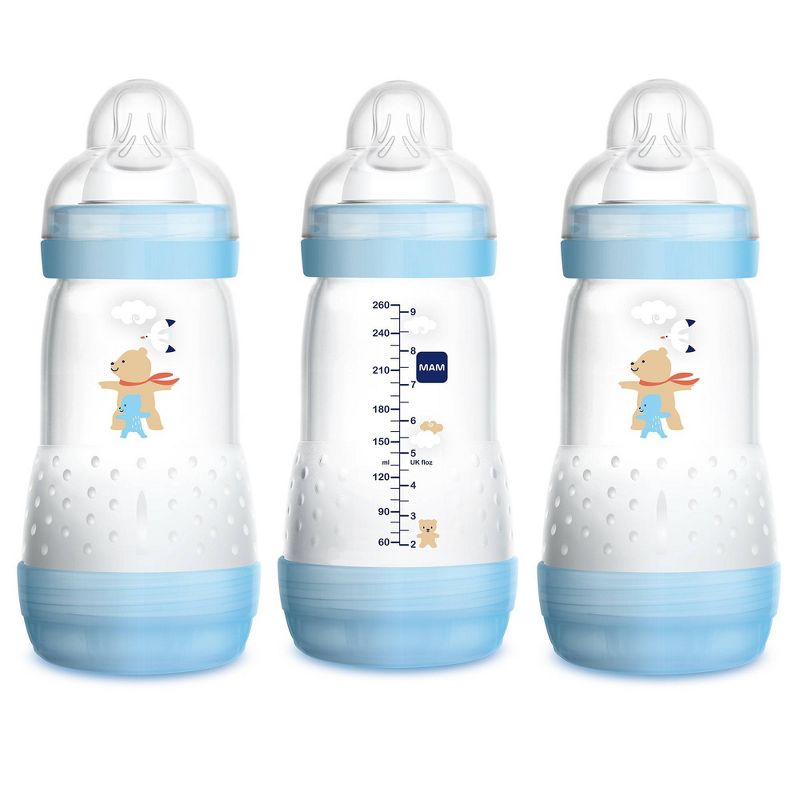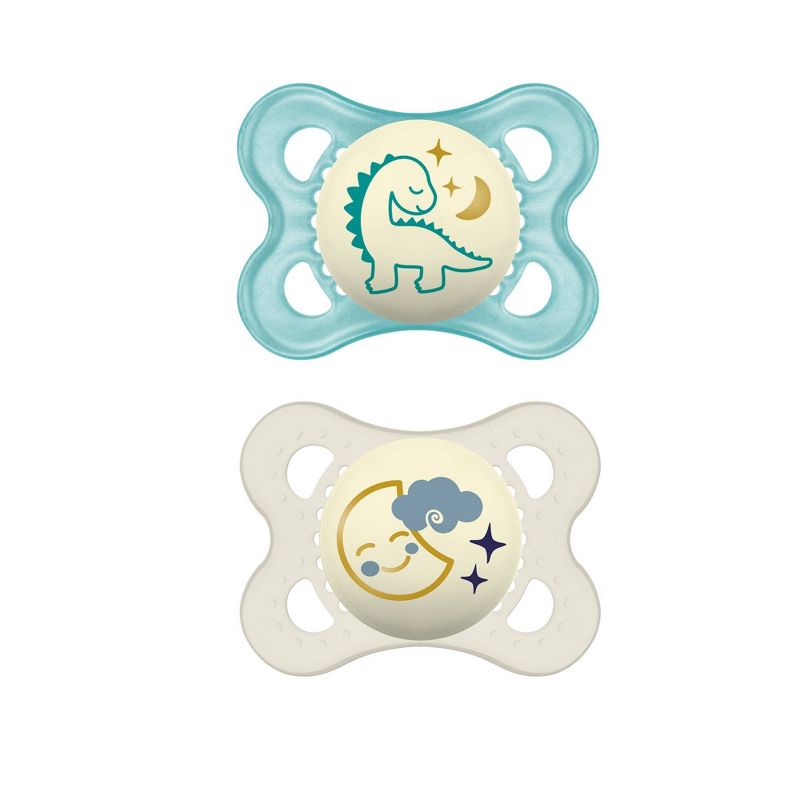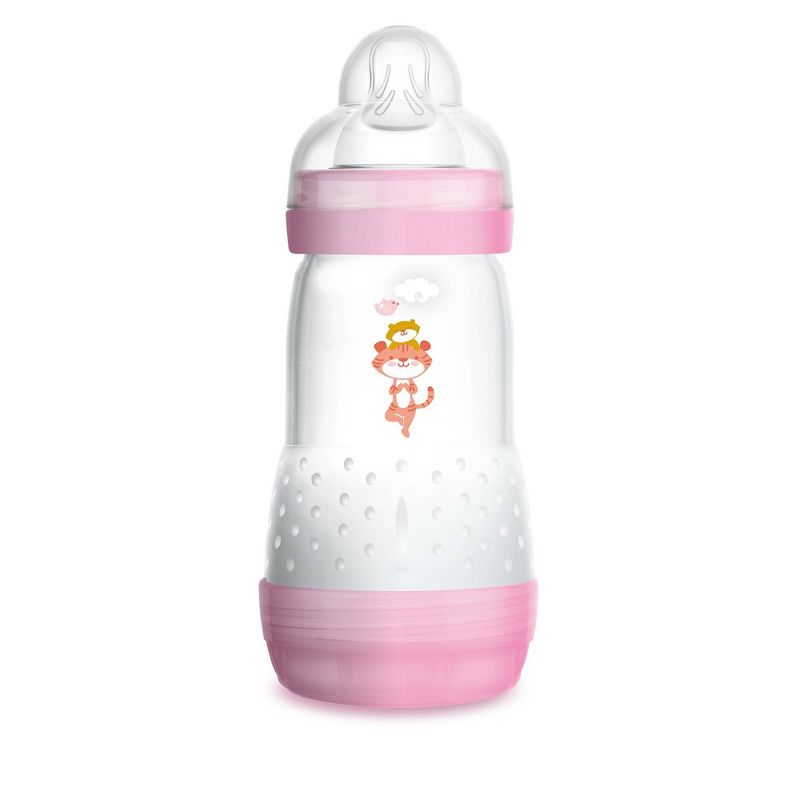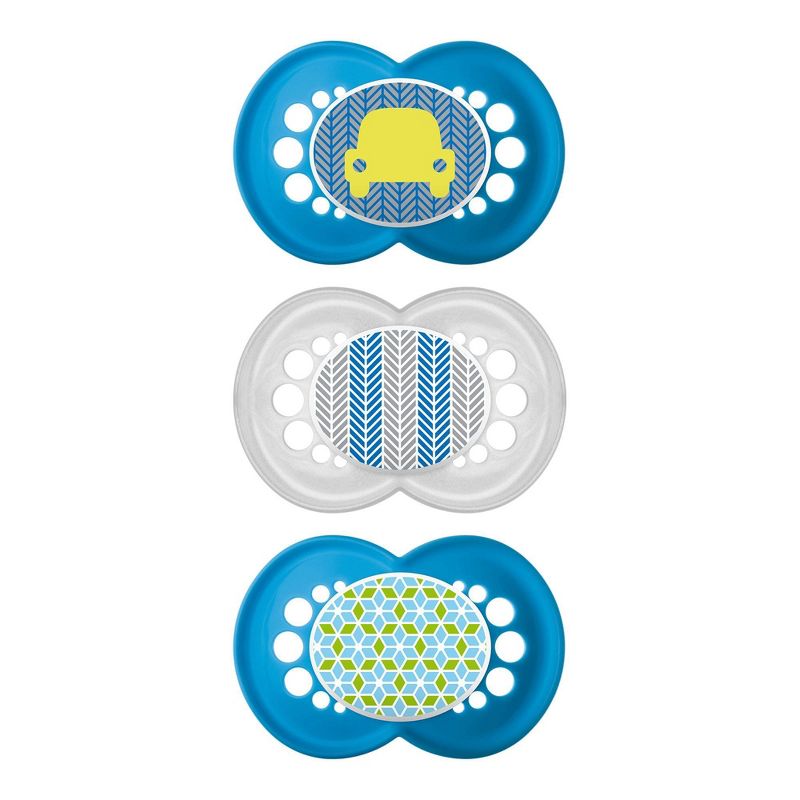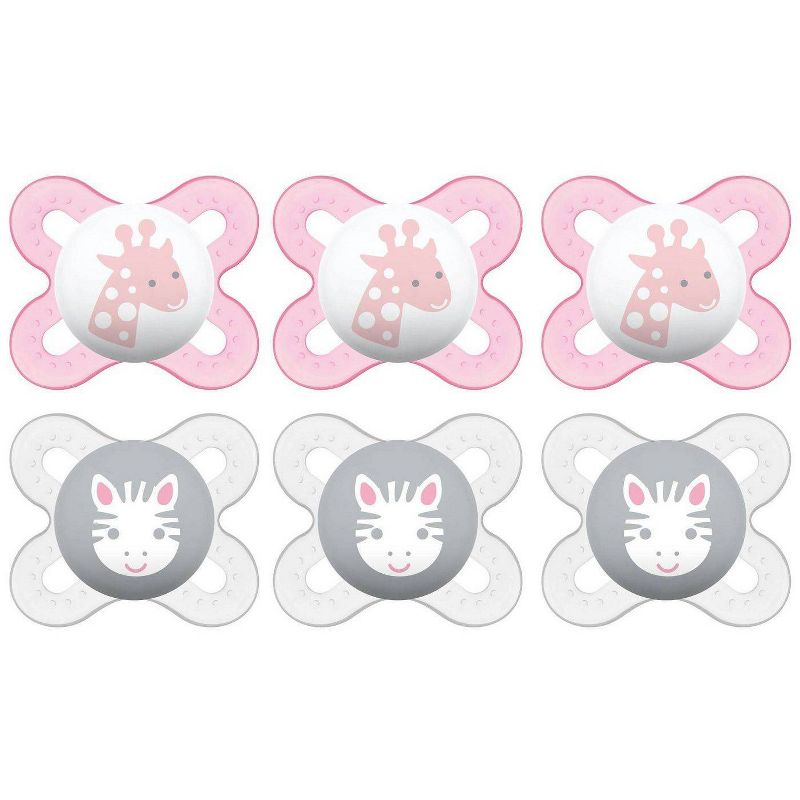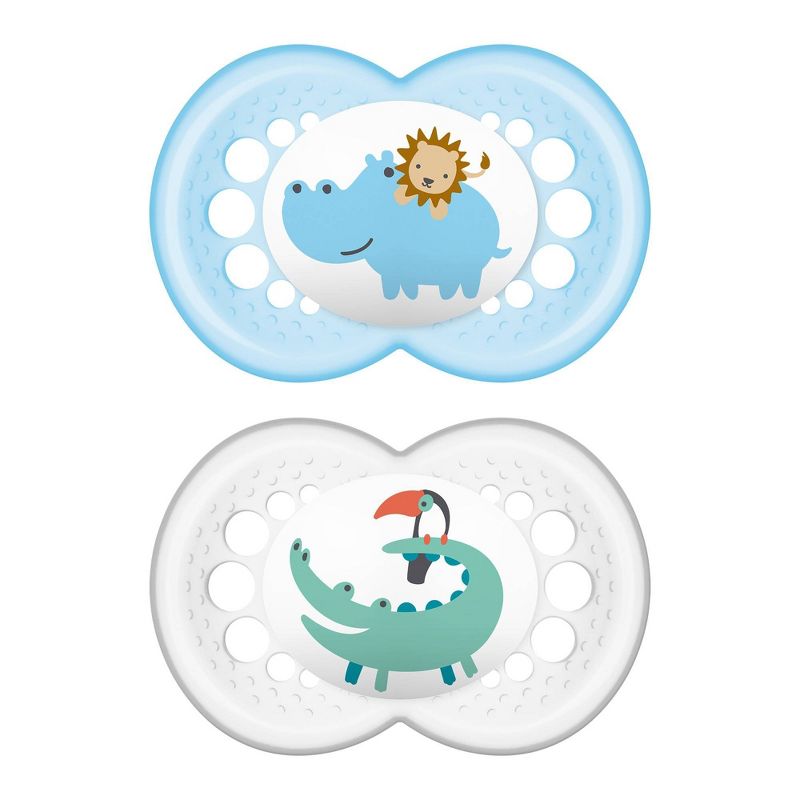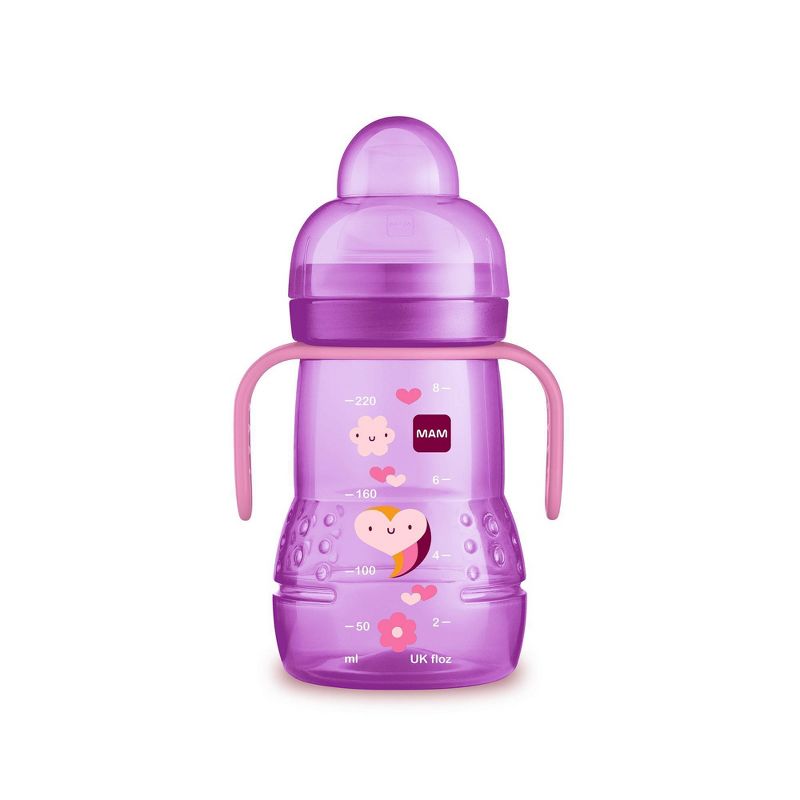Trusted shipping
Easy returns
Secure shopping
- Clothing, Shoes, Jewelry & Watches
- Home, Garden, Outdoor & Pets
- Electronics
- Audio, Video & Portable Devices
- Cables
- Adapters & Gender Changers
- Headsets, Speakers & Soundcards
- Power Protection
- 3D Printing
- Video Cards & Video Devices
- Tools & Components
- Sound Cards
- Alternative Energy
- Barebone / Mini Computers
- SSDs
- Accessories
- Mobile Accessories
- Storage Devices
- Personal Care
- Healthcare
- Home Theatre Systems
- Laptops, Computers & Office
- Speakers & Audio Systems
- Tech Services & Support
- Projectors, TVs & Home Theater
- Wi-Fi & Networking
- Cell Phones
- Electronics Deals
- Headphones
- Tablets & E-Readers
- Digital Cameras
- Home Phones
- Tech Accessories
- Electronics Sanitizing & Cleaning Supplies
- Smart Home
- Batteries, Power Banks & Chargers
- Wearable Technology
- GPS & Navigation
- Movies, Music, Books & Games
- Luggage
- Bible Covers
- Briefcases
- Camo
- Coolers
- Toiletry Bags
- Tote Bags
- Backpacks
- Carry-on Luggage
- Checked Luggage
- Lunch Bags
- Travel Accessories
- Luggage Deals
- Laptop Bags & Briefcases
- Kids' Luggage
- Duffels & Gym Bags
- Suitcases
- RFID Blocking Luggage & Travel Accessories
- Luggage Sets
- Mens' Luggage
- Handbags
- Accessories
- Outdoor
- Beauty Luggage
- Travel Totes
- Garment Bags
- Weekenders
- Messenger Bags
- Beauty & Health
- Category List
- Clothing, Shoes, Jewelry & Watches
- Home, Garden, Outdoor & Pets
- Electronics
- Audio, Video & Portable Devices
- Cables
- Adapters & Gender Changers
- Headsets, Speakers & Soundcards
- Power Protection
- 3D Printing
- Video Cards & Video Devices
- Tools & Components
- Sound Cards
- Alternative Energy
- Barebone / Mini Computers
- SSDs
- Accessories
- Mobile Accessories
- Storage Devices
- Personal Care
- Healthcare
- Home Theatre Systems
- Laptops, Computers & Office
- Speakers & Audio Systems
- Tech Services & Support
- Projectors, TVs & Home Theater
- Wi-Fi & Networking
- Cell Phones
- Electronics Deals
- Headphones
- Tablets & E-Readers
- Digital Cameras
- Home Phones
- Tech Accessories
- Electronics Sanitizing & Cleaning Supplies
- Smart Home
- Batteries, Power Banks & Chargers
- Wearable Technology
- GPS & Navigation
- Movies, Music, Books & Games
- Luggage
- Bible Covers
- Briefcases
- Camo
- Coolers
- Toiletry Bags
- Tote Bags
- Backpacks
- Carry-on Luggage
- Checked Luggage
- Lunch Bags
- Travel Accessories
- Luggage Deals
- Laptop Bags & Briefcases
- Kids' Luggage
- Duffels & Gym Bags
- Suitcases
- RFID Blocking Luggage & Travel Accessories
- Luggage Sets
- Mens' Luggage
- Handbags
- Accessories
- Outdoor
- Beauty Luggage
- Travel Totes
- Garment Bags
- Weekenders
- Messenger Bags
- Beauty & Health
- Baby & Toys
- Sports & Outdoors
- School & Office Supplies
- Breakroom & Janitorial Supplies
- Diaries
- Utility & Stationary
- Pens & Pencils
- Teacher Supplies & Classroom Decorations
- Paper
- Markers
- Binders
- School Supplies
- Packing & Mailing Supplies
- Tape, Adhesives & Fasteners
- Boards & Easels
- Crayons
- Desk Organization
- Pencils
- Filing & Organizers
- Journals
- Pens
- Labels & Label Makers
- Tools & Equipment
- Calendars
- Sticky Notes
- Notebooks
- Erasers & Correction Tape
- Pencil Cases
- Planners
- Retail Store Supplies
- Highlighters
- Locker Accessories
- Cute School Supplies
- School & Office Accessories
- Food & Grocery
- Shops All
- Unique-Bargains
- Cool cold
- Wesdar
- i-Star
- CoCoCo
- Targus
- Cooling Device Accessories
- Xtrike Me
- Tech/Gaming
- Gift Cards
- Women's Accessories
- Flash
- Men's Clothing
- Gift Ideas
- Brand Experiences
- Sale on Select School & Art Supplies
- Jewelry
- Featured Brands
- Nursing Items
- Storage
- Men's Shoes
- College
- School & Office Supplies
- Bullseye's Playground
- PRIDE
- Women's and Men's Shoes & Accessories
- Holiday Trees, Lights & More Sale
- Women's Dresses
- Gingerbread
- Caregiver Essentials
- Baby Bath
- select School Supplies
- Doorbusters
- Bedding & Bath
- Women's Sandals
- Sandals for the Family
- Men's Accessories
- Shops All
- One-day Easter sale
- select Health Items
- Friendsgiving
- Women's Tops, Shorts & Shoes
- Made By Design Organization
- Baby Mealtime
- For New & Expecting Parents
- Crayola Kids' Daily Deal
- Spritz Party Supplies
- Wellness Icon Glossary
- Our Generation Dolls & Accessories Kids' Daily Deal
- select Home items
- Mas Que
- Baby Apparel
- Children's Board Books Kids' Daily Deal
- Select Office Furniture
- Most-added Wedding Registry Items
Buy MAM Camo 2pk Pacifier Unisex - 16+Months in United States - Cartnear.com
MAM Camo 2pk Pacifier Unisex - 16+Months
CTNR514559 0845296031846 CTNR514559MAM
2027-02-24
/itm/mam-camo-2pk-pacifier-unisex-16months-514559
USD
6.57
$ 7 $ 7 5% Off
Item Added to Cart
customer
*Product availability is subject to suppliers inventory
SHIPPING ALL OVER UNITED STATES
100% MONEY BACK GUARANTEE
EASY 30 DAYSRETURNS & REFUNDS
24/7 CUSTOMER SUPPORT
TRUSTED AND SAFE WEBSITE
100% SECURE CHECKOUT
Dimensions (Overall): 5.71 Inches (H) x 2.72 Inches (W) x 1.85 Inches (D)
Weight: .1 Pounds
Suggested Age: 16 Months and Up
Includes: Pacifiers
Safety and Security Features: Phthalate-Free, BPA-Free
Package Quantity: 2
Industry or Government Certifications: Meets CPSC Standards, Meets CPSIA Standards, JPMA Certified, Endorsed by First Candle/SIDS Alliance, EN 1400 Certified
Material: Silicone
Care & Cleaning: Boil to Sterilize, Dishwasher-Safe Top Rack Only
•Symmetrical orthodontic nipple is always right-side up
•BPA free SkinSoft silicone nipple
•Comes with a self-sterilizing carrying case
•Air holes allow baby's skin to breathe
Keep your toddler calm with a binky that you will both love. The MAM Camo Pacifier was developed by leading pediatric dentists and developmental psychologists to provide maximum comfort and style for babies 16 months and older.* MAM pacifiers feature an innovative nipple designed to promote healthy oral development so you can soothe your toddler with confidence. Older babies will love latching onto the soothing pacifier nipple that, with the help of a built-in air channel, naturally flattens and extends when sucked, mimicking a human nipple during breastfeeding. All MAM pacifiers are orthodontic, featuring a symmetrical nipple that fits perfectly in baby's mouth at any angle. MAM's medically engineered nipples all feature life-like, SkinSoft textured silicone that feels more natural, just like mom. With multiple pacifier shapes and shield sizes to pick from, MAM nipples are easily accepted by babies of all ages, with 94% nipple acceptance among babies tested.** Microwave disinfection is proven effective in killing common household germs and bacteria. Pacifiers kept in the closed box will remain disinfected for up to 48 hours: Fill pacifier case with water. Place pacifier in the pacifier case with the nipple facing down. Follow pacifier package instructions for microwave setting. Cool completely before use. *Developed with the International Children's Medical Research Society. **Market research 2010-2019, tested with 1,463 babies.
Weight: .1 Pounds
Suggested Age: 16 Months and Up
Includes: Pacifiers
Safety and Security Features: Phthalate-Free, BPA-Free
Package Quantity: 2
Industry or Government Certifications: Meets CPSC Standards, Meets CPSIA Standards, JPMA Certified, Endorsed by First Candle/SIDS Alliance, EN 1400 Certified
Material: Silicone
Care & Cleaning: Boil to Sterilize, Dishwasher-Safe Top Rack Only
•Symmetrical orthodontic nipple is always right-side up
•BPA free SkinSoft silicone nipple
•Comes with a self-sterilizing carrying case
•Air holes allow baby's skin to breathe
Keep your toddler calm with a binky that you will both love. The MAM Camo Pacifier was developed by leading pediatric dentists and developmental psychologists to provide maximum comfort and style for babies 16 months and older.* MAM pacifiers feature an innovative nipple designed to promote healthy oral development so you can soothe your toddler with confidence. Older babies will love latching onto the soothing pacifier nipple that, with the help of a built-in air channel, naturally flattens and extends when sucked, mimicking a human nipple during breastfeeding. All MAM pacifiers are orthodontic, featuring a symmetrical nipple that fits perfectly in baby's mouth at any angle. MAM's medically engineered nipples all feature life-like, SkinSoft textured silicone that feels more natural, just like mom. With multiple pacifier shapes and shield sizes to pick from, MAM nipples are easily accepted by babies of all ages, with 94% nipple acceptance among babies tested.** Microwave disinfection is proven effective in killing common household germs and bacteria. Pacifiers kept in the closed box will remain disinfected for up to 48 hours: Fill pacifier case with water. Place pacifier in the pacifier case with the nipple facing down. Follow pacifier package instructions for microwave setting. Cool completely before use. *Developed with the International Children's Medical Research Society. **Market research 2010-2019, tested with 1,463 babies.

